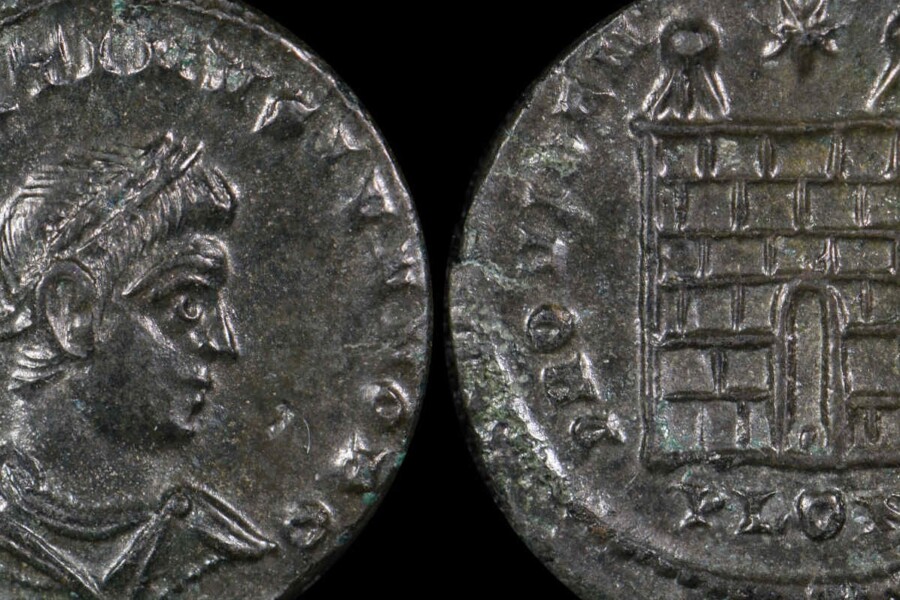Environmental Art in a Plastic Era: A Visit to Douglas Coupland’s Vortex Exhibit
Mary McCampbell develops a more robust theology of creation care after visiting Douglas Coupland’s Vortex exhibit in the Vancouver Aquarium.
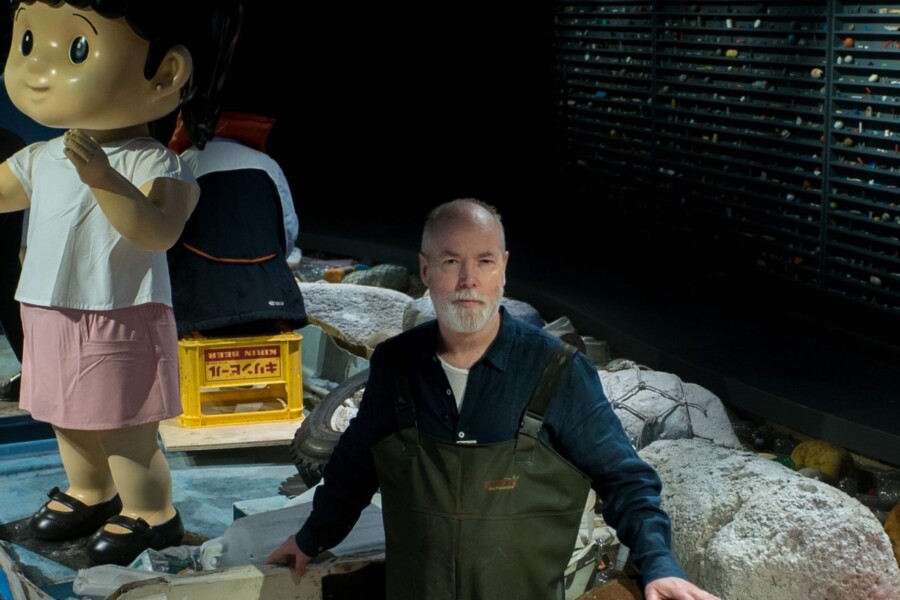
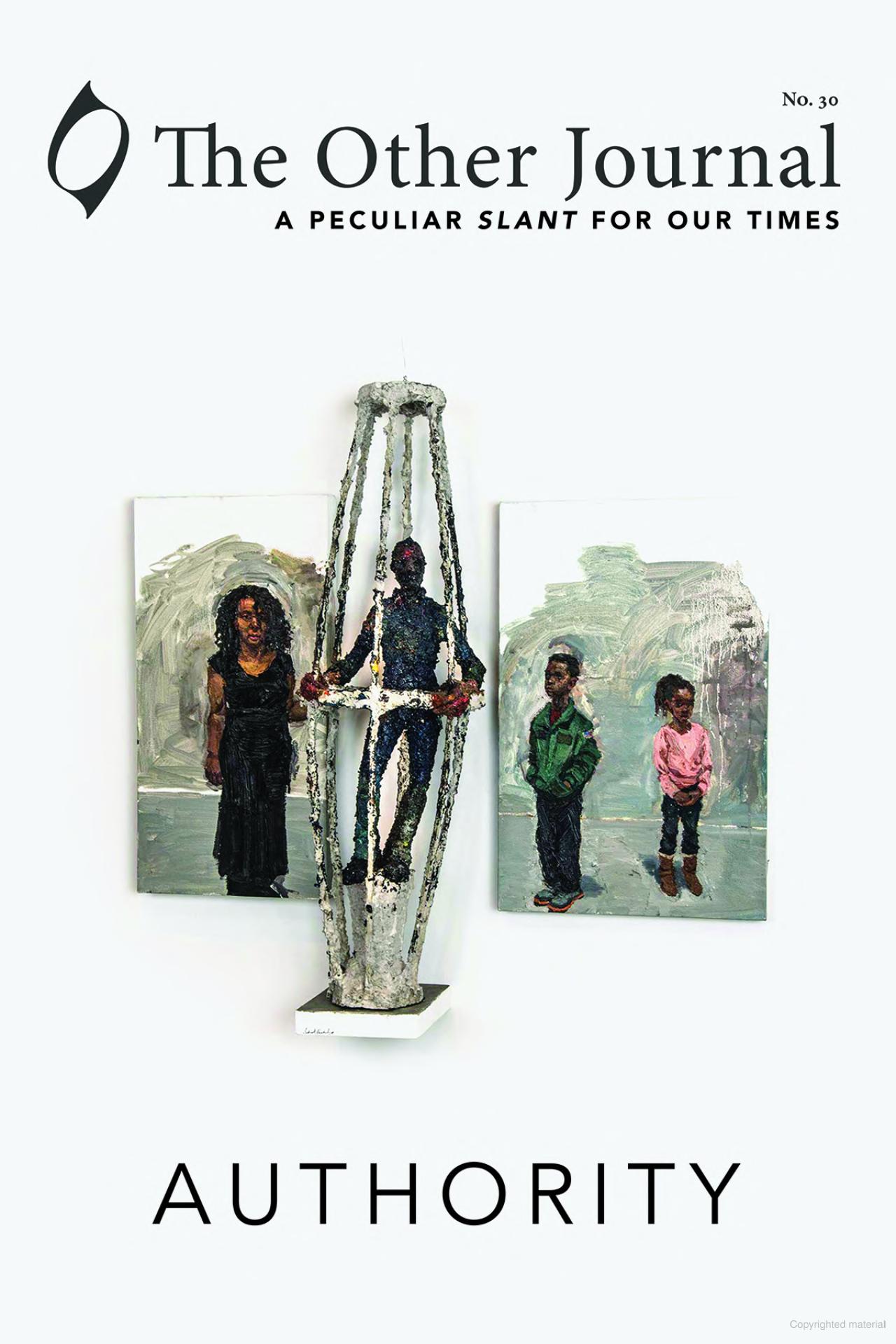
Hannah Arendt famously noted that when the modernity of the twentieth century led to a breakdown in historically grounded authority structures, coercive acts of power filled the yawning void. In this context, Arendt insists on the importance of distinguishing between various forms of authority and their range of influence over their constituent members—otherwise we mistake tyranny for legitimate authority and violence for power.
As a journal of theology and culture, we find it particularly interesting that Arendt identified the Catholic Church as the only remaining authoritarian institution in the modern age. Indeed, Christians have a long, troublesome relationship with authority. Although Christianity first emerged in a dissident context, the history of the church is marked by the fusion of church with empire and by the conflation of God’s coming kingdom with a kingdom already working to expand and protect its borders. This fraught history, traced up and through the crises of authority Arendt so precisely names, poses itself as questions that we have not yet answered in the twenty-first century: To whom should the Christian pledge allegiance, and what should a politically conscious, ethically grounded form of citizenship entail in the time of Trump? How might the media, education, family, literature, and other ideological structures be working to reify (or hold accountable) certain authoritarian structures, as Louis Althusser argued? Or more intimately and socially, how do authority and trust intersect in the daily lives of the powerless, and what happens when this dynamic gets distorted?
In this issue of The Other Journal, we take up this theme of authority. Our contributors tackle this theme eclectically as they explore—but are not limited to—the following questions: What is authority, how does it work, and what effects does it have on its members? What organizational possibilities should Christians consider outside of traditional, authoritarian structures? What is the relationship between divine authority and societal authority, particularly if the two exist in some sort of mutually informing relationship? From political engagement to societal analysis, from organizing proposals to calls for Christian anarchism, from state to church and familial authority structures, from dispersals of information and truths to theologically grounded authority of economic principles, this issue’s essays, creative writing, art, and reviews engage this complex and timely conversation.
Mary McCampbell develops a more robust theology of creation care after visiting Douglas Coupland’s Vortex exhibit in the Vancouver Aquarium.

Katie Manning was tired of the Bible being used as a weapon against other people, so she started taking language from the Bible and using it to make poems.
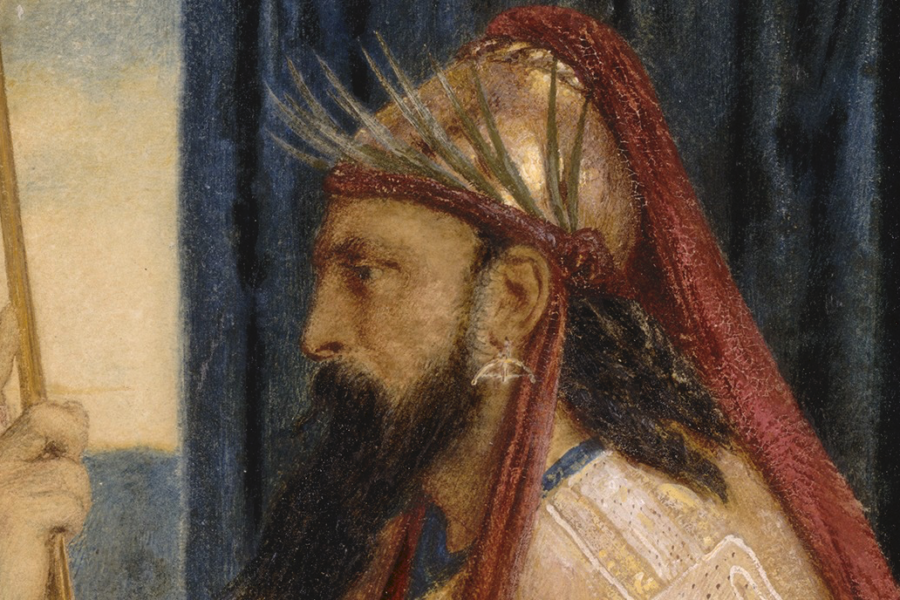
Mary Lane Potter treks in Laos and discovers new meaning in the sacrament of Communion.

Kevin Hargaden reviews the collection Fragile World: Ecology and the Church.

Sada Mukhtasar writes of ordained authority and individual freedom at a Muslim funeral.
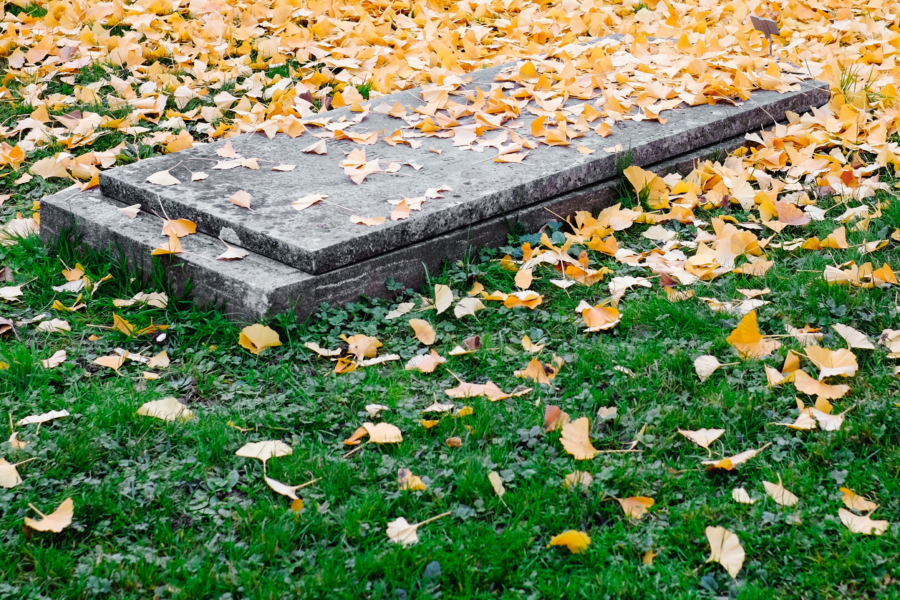
Steven Félix-Jäger critically engages language theory in the conceptual art of Brent Everett Dickinson.

Elizabeth Jarrett Andrew humbles herself in a search for Marilynne Robinson’s creative authority.

Hilary Jerome Scarsella suggests epistemological resources to help Christians craft better responses to people with testimonies of sexual assault.
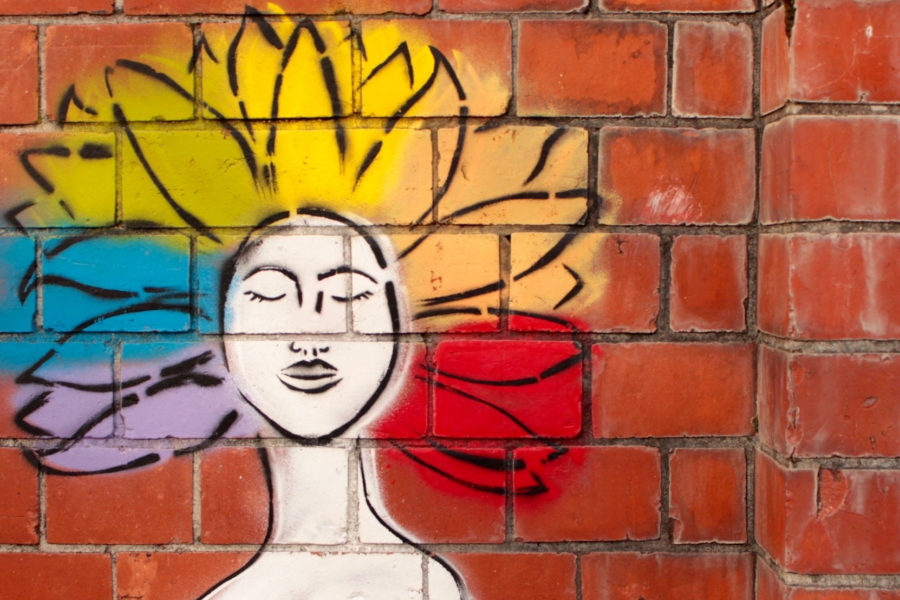
Sonya Schryer Norris explores her teenage conversion to Islam.
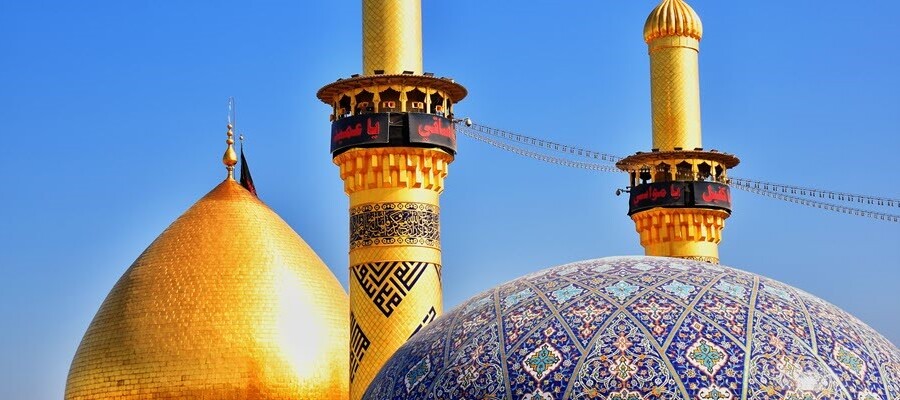
Andrew DeCort considers the Roman Empire’s desire to kill a heretical Jewish missionary.
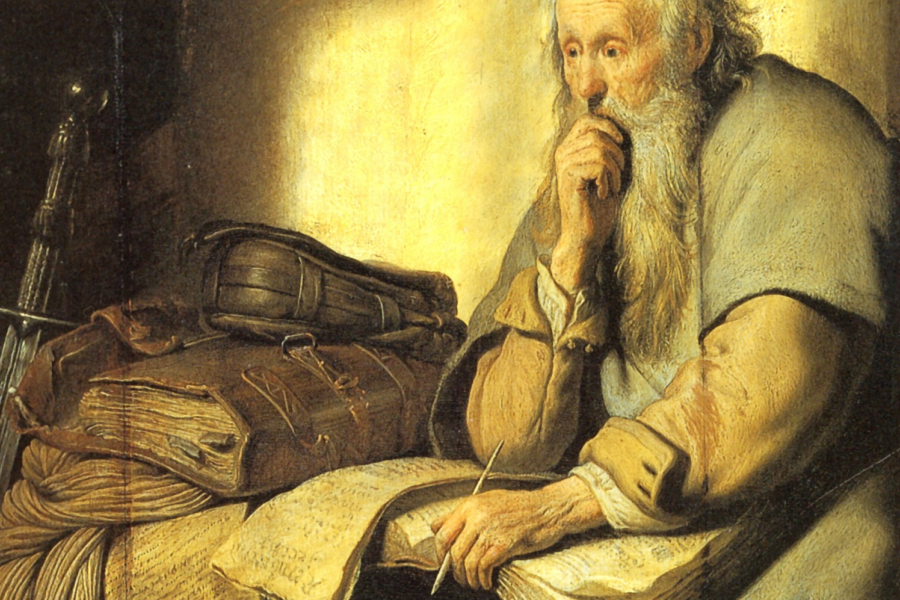
Lyle Enright realizes that creative theology begins on a plate of sushi.

Steven G. Ogden writes about the seduction of power.
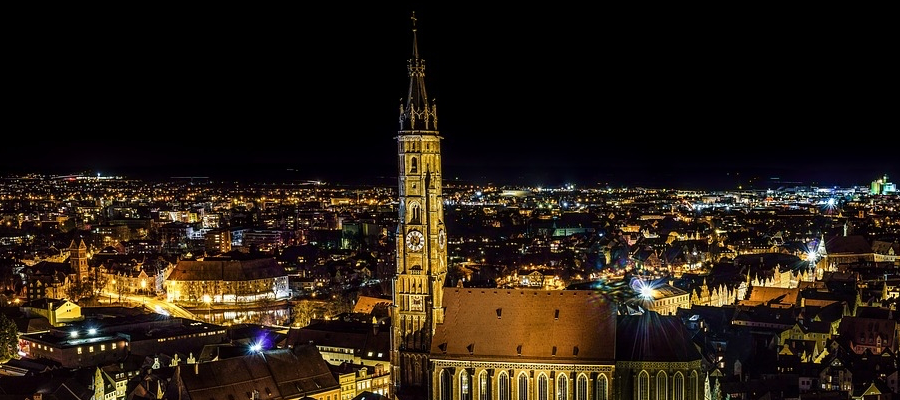
Jessica Tezen reflects on the pulpit as a sign of power.
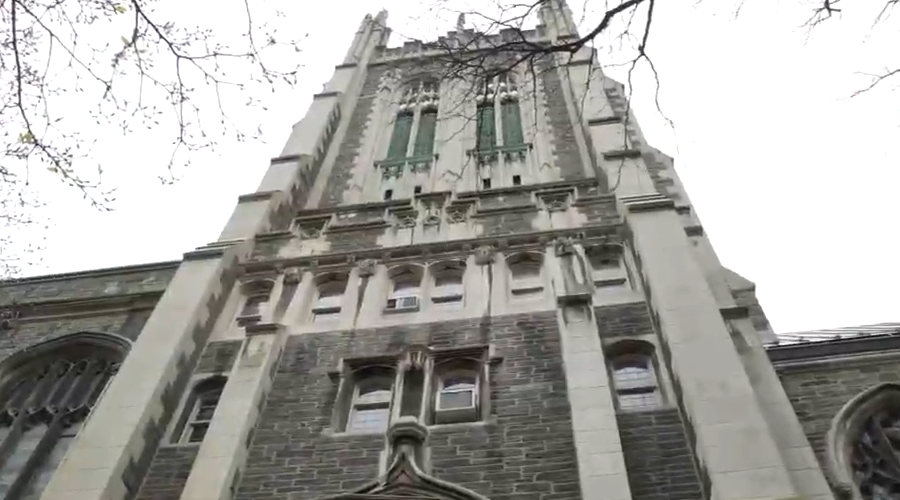
Angela Alaimo O’Donnell riffs on Flannery O’Connor’s fandom of Thomas Aquinas.
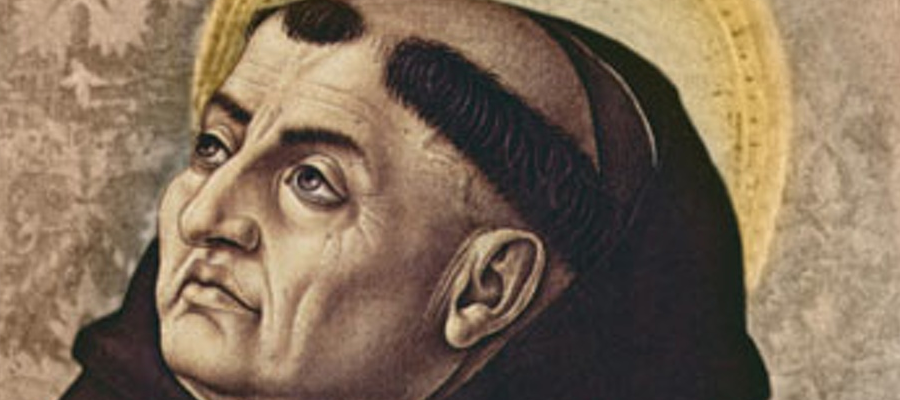
Angela Alaimo O’Donnell riffs on Flannery O’Connor’s fandom of Dante Alighieri.
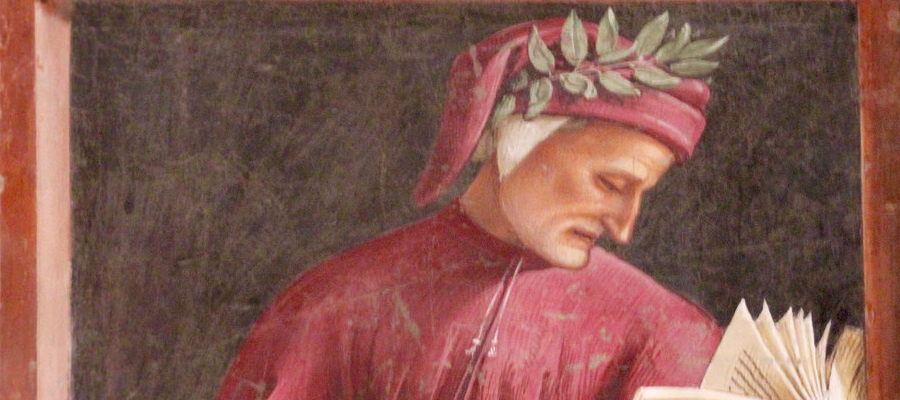
Jill Bergkamp reflects on the voice of the voiceless sōkhenet, the bed companion of King David’s old age.
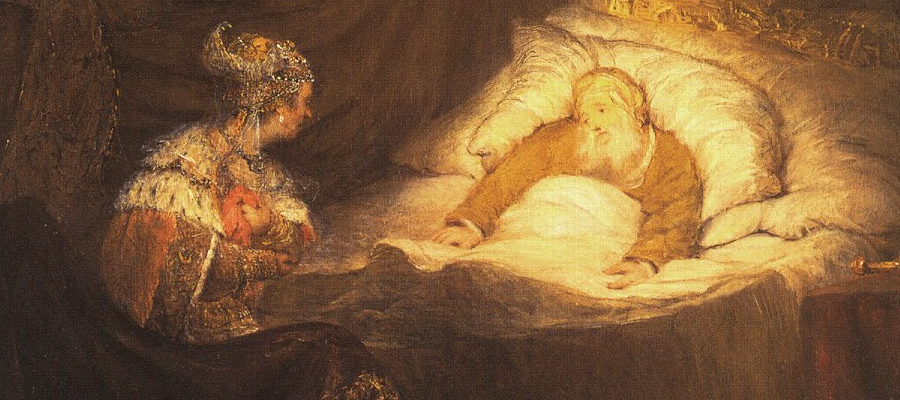
Devin Singh discusses the God in our wallets.
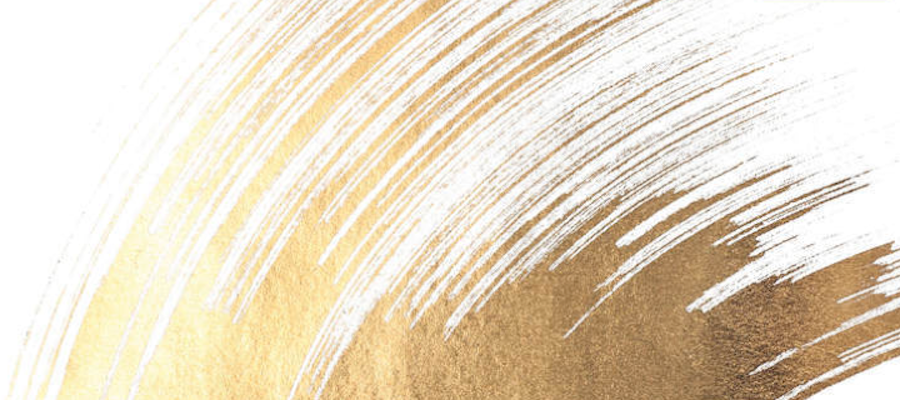
Richard C. Goode calls for an ekklēsia of “crappy citizens.”
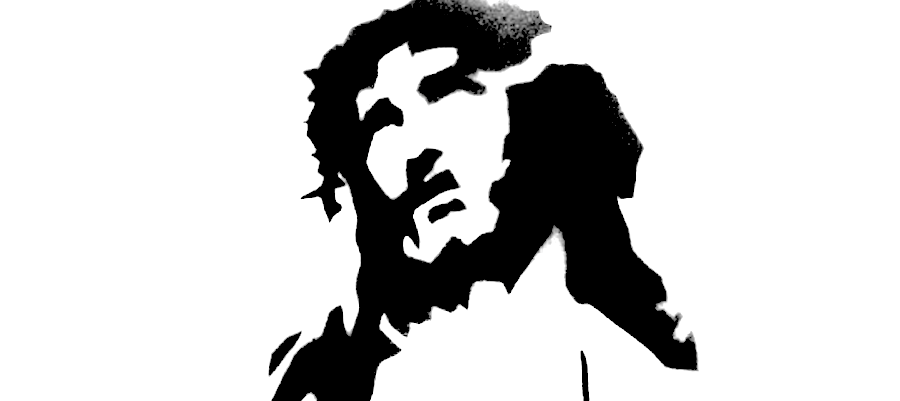
Vincent Lloyd meditates on what the maligned figure of the black father can teach us about God.
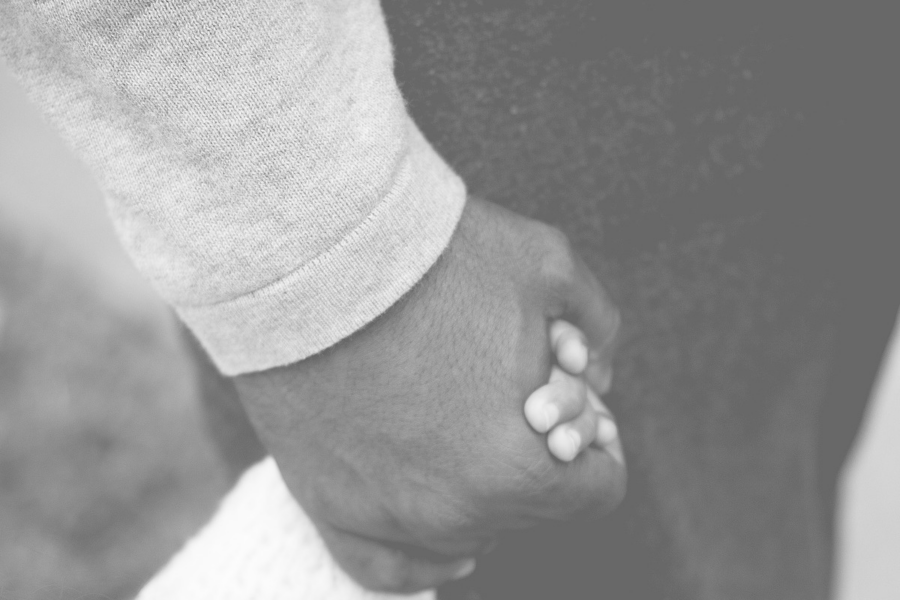
Brandon Wrencher offers a theological and liberationist reading of the story of Cain and Abel.
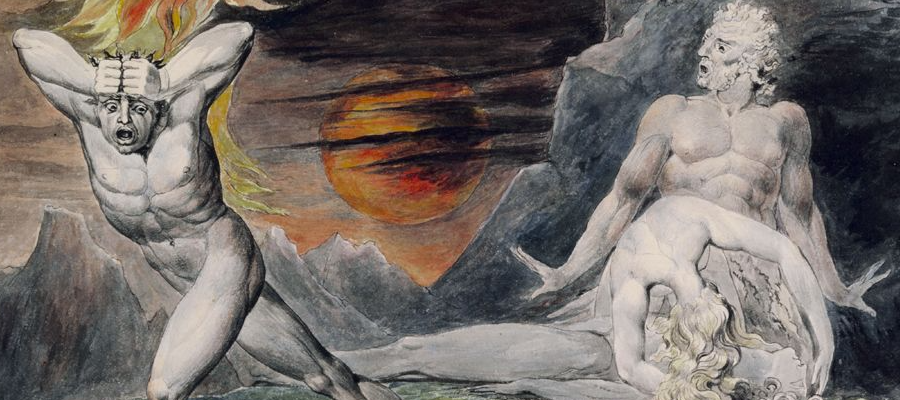
Susan Carlson considers the intersection of faith, God, and patriarchy.
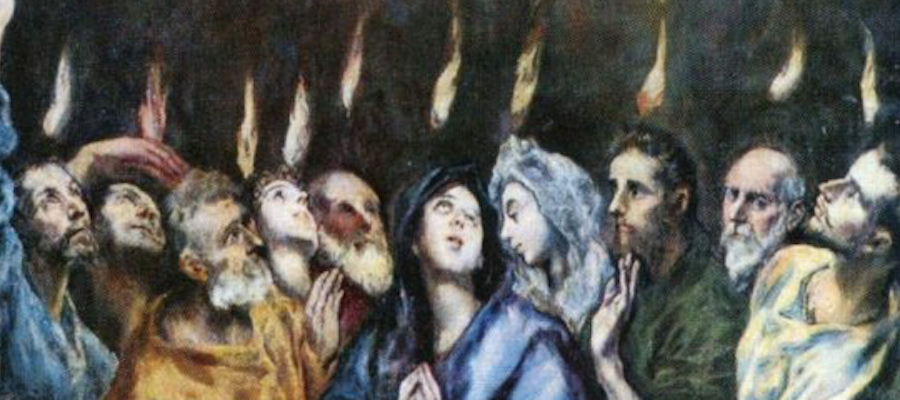
Anthony D. Baker observes the limits of eschatology in the twentieth century’s two greatest preachers.

Heidi Turner looks for redemption and familial grace in community and church failure.

Rebecca Shirley discusses the complexities of faithful embodiment, advocating for the deeper stories that must be told.
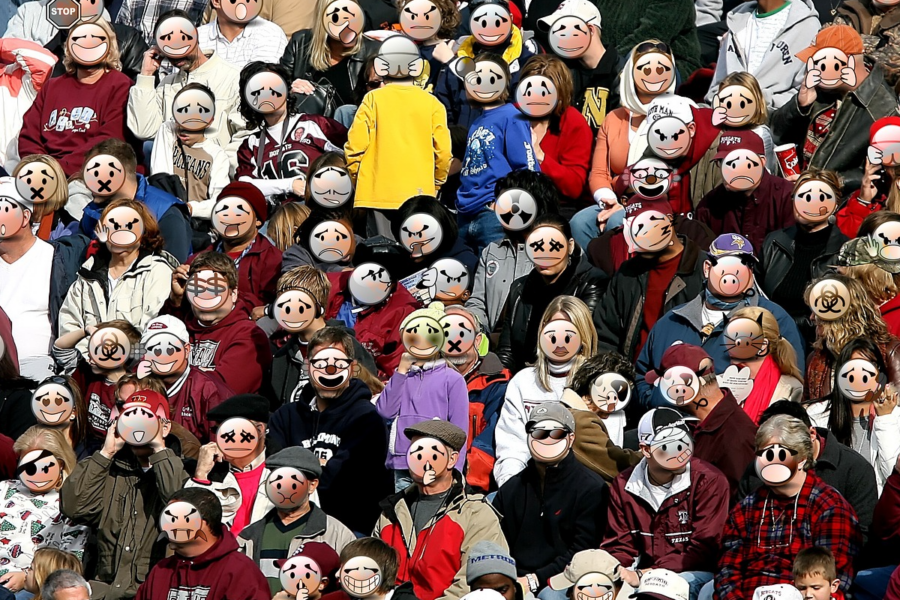
Melissa Knox reflects on psychoanalysis and the flawed lifeboat of belief.
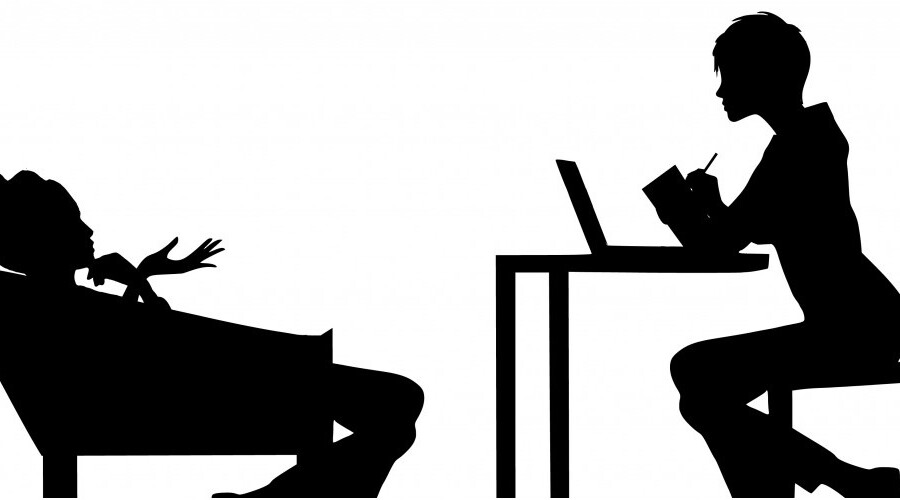
In this poem, Barbara Crooker reflects on the Cathars.
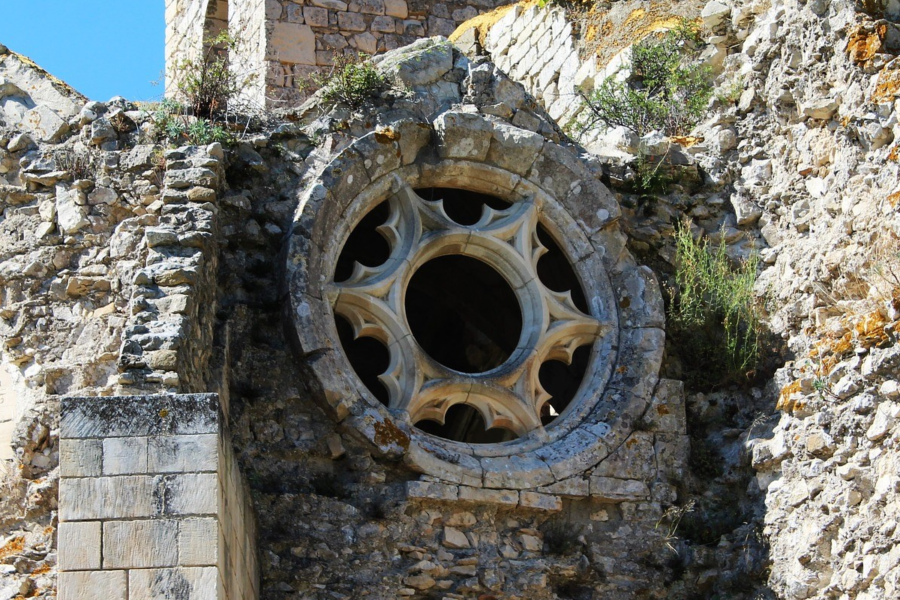
The classicist Gavin Richardson looks at walls in late Roman propaganda and what they have to tell us in the Age of Trump.
